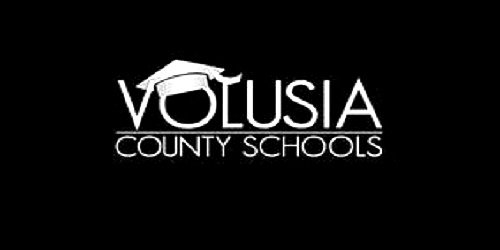
Florida - The Volusia County School Board has joined twelve other Florida school boards in filing a lawsuit challenging parts of House Bill 7069, legislation that, among other things, steers more money towards privately run charter schools.
The bill, which Governor Rick Scott signed into law back in June, also requires recess in elementary schools, tinkers with the state's frequently criticized standardized testing system, and includes extra money for a program that provides services for disabled school children. The thirteen school boards that have joined the lawsuit are challenging the following provisions of HB 7069:
Under the bill, district school boards are required to share part of their discretionary capital outlay millage revenues with charter schools, regardless of the needs. That means corporate charter schools can take property taxes from local school boards to build and/or renovate schools that they own and operate for profit. If the charter school closes for some reason, taxpayers don't recoup the building.
Charter schools are allowed to open without getting approval from the locally elected district school board, whose members have the authority to make sure that schools are efficient, safe, and secure for their district's students. According to the plaintiffs, this means district school boards are being forced to surrender their Constitutional authority to operate, control, and supervise the local public schools in their jurisdictions.
Another provision directs more Title 1 funding to charter schools, limiting the ability of school districts to provide district-wide services like summer reading programs, tutoring, and parental engagement initiatives. Critics say this provision improperly restricts district school boards' federal authority over Title I funds and threatens services to support the needs of students in poverty.
Under the bill, Charter operators can form what are known as local education agencies, which are basically their own school districts that fall outside the authority of elected school boards. That means charters can operate like public schools, but the local electorate that's funding them would have no authority to change leadership or influence policy.
The lawsuit also challenges the "Schools of Hope" program. A School of Hope is a type of charter school that can be built to address needs in low-income neighborhoods. The provision offers funding to attract privately run charter schools to areas where traditional public schools are struggling. But, the plaintiffs in this lawsuit allege that for-profit charter schools don't have to serve the community they were built to help, and they're not required to hire certified teachers.
The thirteen school districts taking part in the lawsuit have petitioned the court for an immediate review, asking that the challenged provisions (mentioned above) be deemed unconstitutional and not be allowed to be implemented.
Copyright Southern Stone Communications 2017.